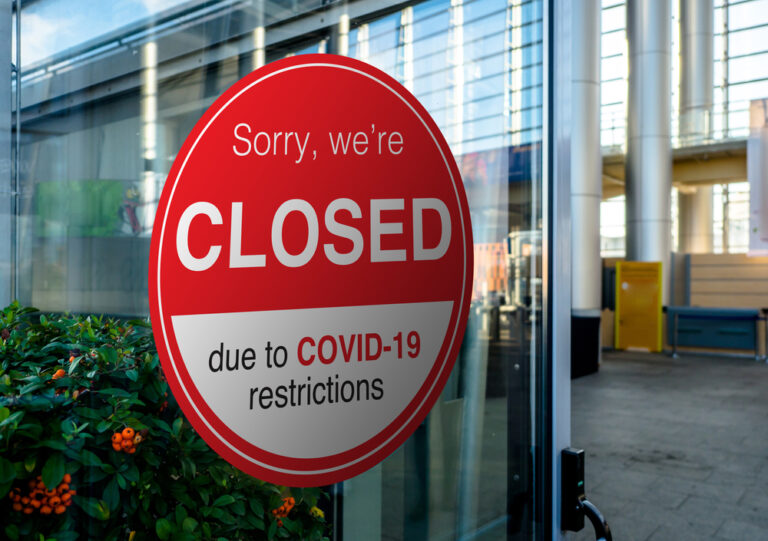Every day you may be putting your business at risk when selling, leasing, or hiring out goods, or selling valuable goods on consignment.
This risk is increasing significantly due to the impact of COVID-19.
In recent days, many businesses had to shut their doors. Pubs, clubs, cafes and many retail shops had to close for an indefinite period of time and will, no doubt, feel financial pressure during this crisis.
Employees are being stood down and a large number of businesses are no longer making money, and have very poor liquidity.
The question may arise as to what will happen to your business if these businesses can no longer afford to repay their loans, or meet their lease repayments on goods you supplied to them.
An Important Question
Will you get your goods or money back if your customer goes broke?
The answer to this question is, unfortunately, not straightforward and depends on several factors.
These factors include
- Whether you supplied the goods on lease or whether they are subject to a loan;
- Whether the goods were supplied pursuant to a supply agreement, and the terms thereof; or
- Whether the goods were supplied on consignment.
Certain circumstances may require you to register a security interest on the Personal Property Securities Register (PPSR) in order to protect your interest in the goods, and prevent other third parties from claiming your goods in the event of insolvency.
A security interest is an interest in personal property that in substance secures payment of a debt or other obligation, regardless of the form of the transaction.
For example, a coffee manufacturer who leases a coffee machine to a café owner for a period of two or more years, or an indefinite period that will last for more than two years, will be required to register their security interest over the coffee machine on the PPSR.
Another example of where the registration of a security interest on the PPSR is essential is where a supplier of goods delivers stock to another party on credit terms.
These examples are in no way exhaustive.
If you fail to register your security interest
The aim of registering your security interest is to protect your interest in the goods or assets should the customer default or go broke.
If you don’t make a registration and your customer goes broke before they have fully paid you, your goods may be sold during a liquidation to pay secured creditors first.
If you have not registered your security interest, you will be an unsecured creditor in an insolvency and may not recover much, if anything, of what you are owed.
What you should do now
With COVID-19 having a huge impact on most business operations, you should now conduct a PPSR audit.
This involves reviewing all of your supply, consignment, lease, and loan agreements, to ensure that these documents confer a right on you to register a security interest over your goods on the PPSR.
You should also make sure that, where the documents confer such right on you, or where you have a general legal right to register your security interest on the PPSR, you have done so.
It is noteworthy that, with serial-numbered goods, you may be required to register two security interests on the PPSR, one over the serial-numbered goods themselves, and another over the customer’s obligations under any agreement you have in place with it.
If you are unsure whether you should be registering a security interest on the PPSR, or whether your agreements confer such right on you, you should get into contact with your solicitor as soon as possible to ensure that you are adequately protected in these especially difficult times.
Important Disclaimer – The content of this publication is general in nature and for reference purposes only. It is current at the date of publication. It does not constitute legal advice and should not be relied upon as such. Legal advice about your specific circumstances should always be obtained before taking any action based on this publication.





